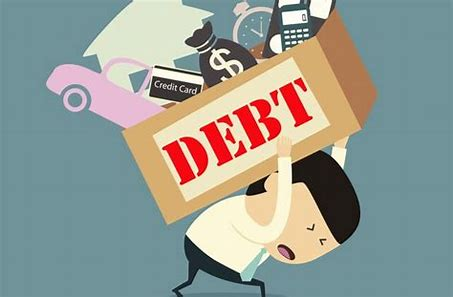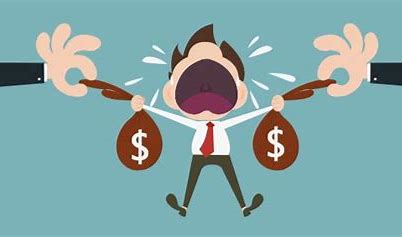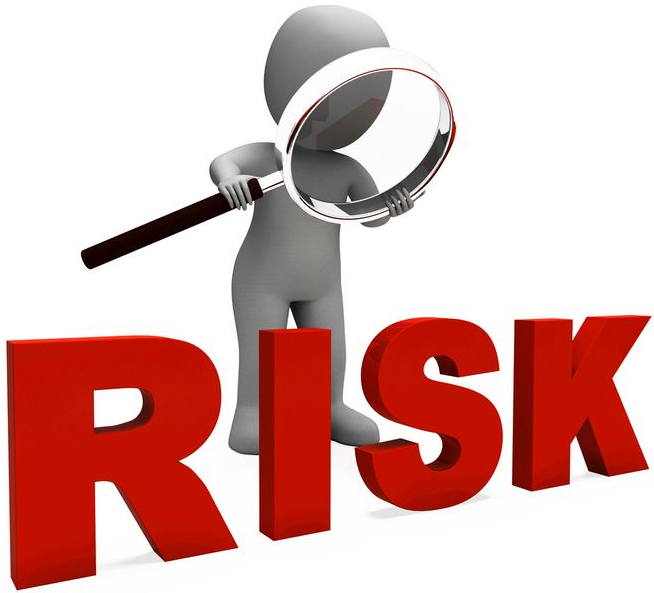Are we taking on too much debt?
There is some opinion that "the richer the person, the more debt". But in fact, being in debt beyond our ability to pay will push us into a state of "stretching bears and shoulders", doing a lot but never being able to pay off debt, no longer having the mind to enjoy the joys of life. . If we have one or more of the following signs, it may be time to review our debt situation and have a drastic action plan to improve our financial situation.
Debt payments in excess of 36% of gross monthly income
If the debt payment does not exceed 36% of gross monthly income, then good, everything is still under control. While there's nothing we can do to get rid of credit card debt overnight, we can take steps to get rid of other debt. For example, we can rent a cheaper apartment or find a roommate to reduce costs. Or we can sell the vehicle or equipment that is taking up too much of our monthly installments, buy another one that's more affordable, and pay less monthly debt payments.
If we can't even afford the minimum payment on our credit card, chances are we're carrying too much debt. In this case, it is ideal to pay off the debt - or pay as much as possible - in the amount of time allowed by the bank before interest rates go higher and higher. Next, try transferring the balance to another card with a higher preferential rate and lower interest rate. Although using a card with a lower interest rate means a lower current payment limit, if we continue to maintain the original minimum payment, the debt will be reduced faster.

Physical and mental decline due to the effects of debts
Excessive debt or overdue payments can result in your credit card being locked and rendered useless. Furthermore, creditors such as banks can repeatedly call personal phone numbers when we are late for payments. If we have to constantly think about our debt - or are constantly reminded of our debt through collection calls - we may be carrying more debt than we think.
New credit approval denied
Obviously our credit history will affect our credit scores. The more debt we have, the harder it is to get approved for new credit. The credit approval process can quickly end when a bank or lender reviews our credit application and thinks we've been dealt with for bad debt too often.
Banks and lenders will often send rejection letters after failing to approve a credit application and these letters will explain the reasons behind the denial. Common reasons include low credit scores, no credit history, high balances, and sometimes too many credits.

Savings account is empty
A well-stocked savings account is a sign of good personal financial management. This account will help us maintain our living expenses in the event of an unfortunate job loss and provide cash for other emergencies. However, if we are spending all our money on debt repayments, our savings accounts are often empty or have very little left over.
Check your personal savings account: How much money do I have in the liquid fund? Lack of a savings account is an alarming sign, especially in cases where we are constantly shopping and "thickening" Add a list of new creditors.
Frequent late payments of debts
When we are burdened with too much debt, it can be difficult to keep up with our monthly payments. Many people may forget their debts and due dates entirely, or send payments later than they are due. Owning too much debt can affect your credit score application and if we start sending late payments, our credit score will suffer even more.

(Writer:Galli)





